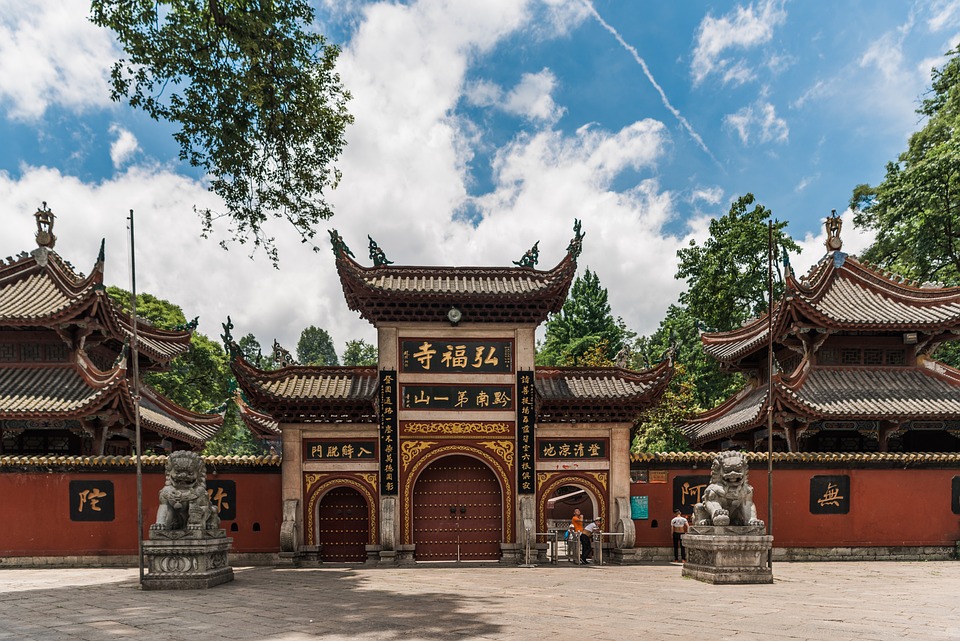Cultural heritage is an essential part of who we are as individuals and as societies. It is a reflection of our history, our values, and our traditions. Exploring cultural heritage allows us to uncover the stories of the past, connecting us to our roots and helping us to better understand where we come from.
When we think of cultural heritage, we often think of physical artifacts such as ancient buildings, artwork, and archaeological sites. These tangible elements of our heritage tell us a great deal about the people who came before us, their beliefs, their customs, and their way of life. Visiting these sites and exploring these artifacts can give us a glimpse into the past, helping us to imagine what life was like in a different time and place.
But cultural heritage is not just about physical objects. It also encompasses intangible aspects of our heritage, such as music, dance, storytelling, and traditional crafts. These forms of cultural expression are passed down from generation to generation, serving as a link between the past and the present. When we engage with these traditions, we are not only preserving them for future generations, but also enriching our own lives by connecting with the stories, emotions, and experiences of those who came before us.
Exploring cultural heritage can take many forms, from visiting museums and historical sites to participating in traditional ceremonies and festivals. It can involve talking to elders in our communities, reading historical documents, or learning about different cultural traditions through books and documentaries. Each of these experiences helps us to expand our understanding of the world and deepen our appreciation for the diversity of human culture.
One of the most powerful aspects of exploring cultural heritage is the way it can foster a sense of belonging and connection. When we learn about the traditions and customs of our ancestors, we gain a greater appreciation for the sacrifices they made and the challenges they faced. We come to see ourselves as part of a larger tapestry, with each of us playing a role in preserving and celebrating the cultural heritage that has been passed down to us.
In today’s fast-paced, interconnected world, it is more important than ever to cherish and protect our cultural heritage. As we face global challenges such as climate change, political unrest, and economic inequality, it is essential that we draw on the wisdom and resilience of past generations to inspire us and guide us in creating a better future. By exploring cultural heritage and uncovering the stories of the past, we can build a deeper understanding of ourselves, our communities, and our place in the world.




